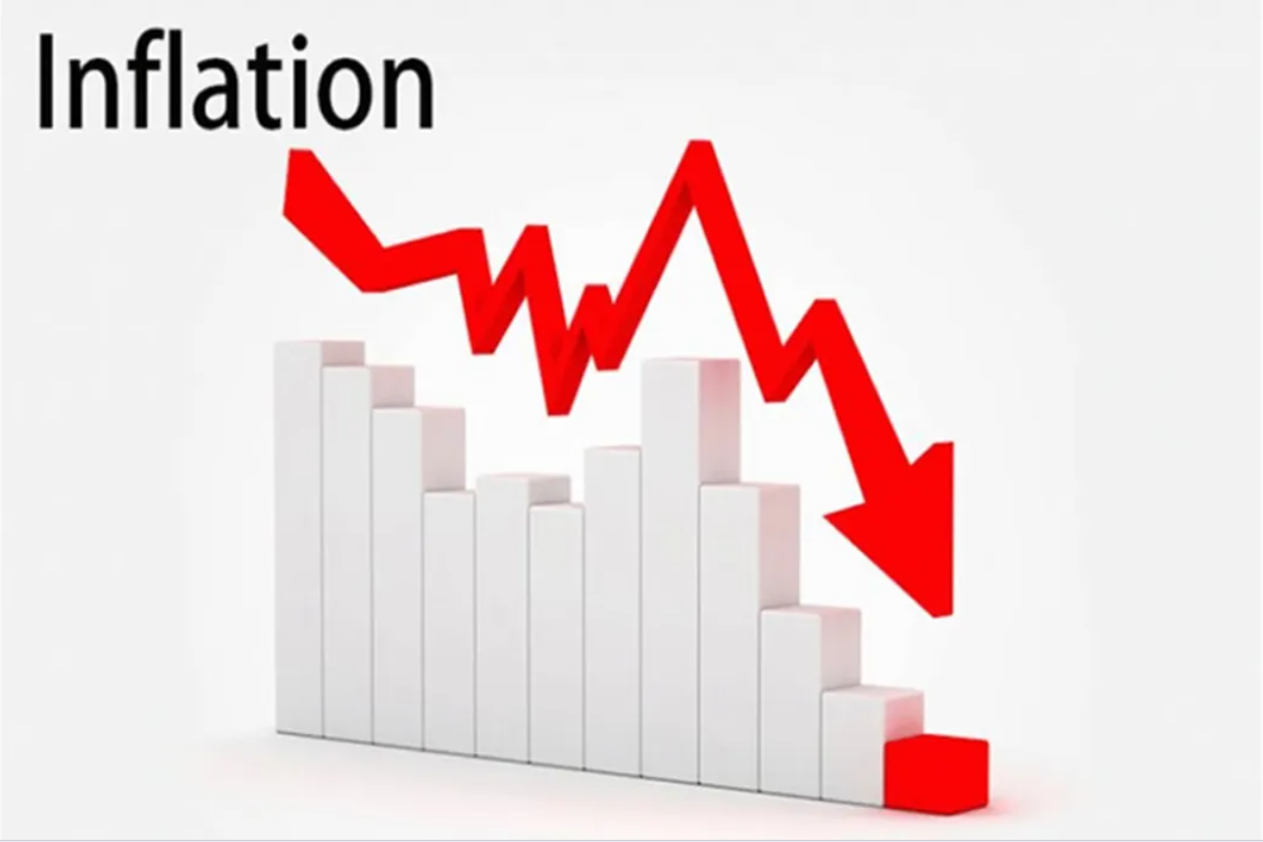Physical Address
304 North Cardinal St.
Dorchester Center, MA 02124
Physical Address
304 North Cardinal St.
Dorchester Center, MA 02124


Nigeria’s inflation rate dipped to 21.88% in July 2025, down from 22.22% in June. On paper, it’s a win. But in the markets, on the streets, and in the kitchens of everyday Nigerians, the question remains: Does this drop actually mean relief?
According to the National Bureau of Statistics (NBS), this is the fourth consecutive month of declining inflation. A few key takeaways:
Analysts credit the harvest season, base year recalibration, and slower price increases in staples like rice, maize flour, and vegetable oil. But while the numbers look better, the reality is more complicated.
Ask any trader in Mile 1 Market, Port Harcourt, or a shopper in Wuse, Abuja, and you’ll hear the same thing: prices are still high. Garri, yam, and cooking oil haven’t dropped meaningfully. Transport costs remain elevated. And with fuel prices still volatile, many Nigerians feel like they’re running in place.
“They say inflation is down, but I still spend more every week,” says Chika, a mother of three in Enugu. “I don’t see the difference.”
Experts say the moderation is a good sign—but it’s not yet a trend. For real relief, Nigeria needs:
Have you noticed any price drops in your area? Are things getting better—or just statistically smoother?
👉 Drop a comment below and share your experience. Let’s talk about what inflation really feels like—not just what the numbers say.